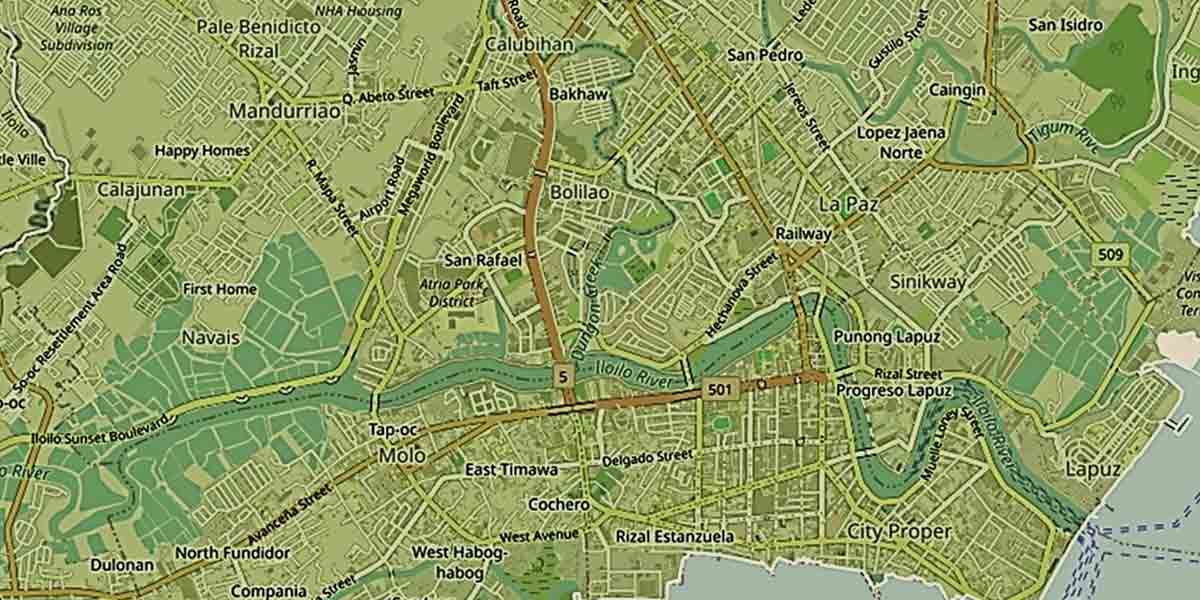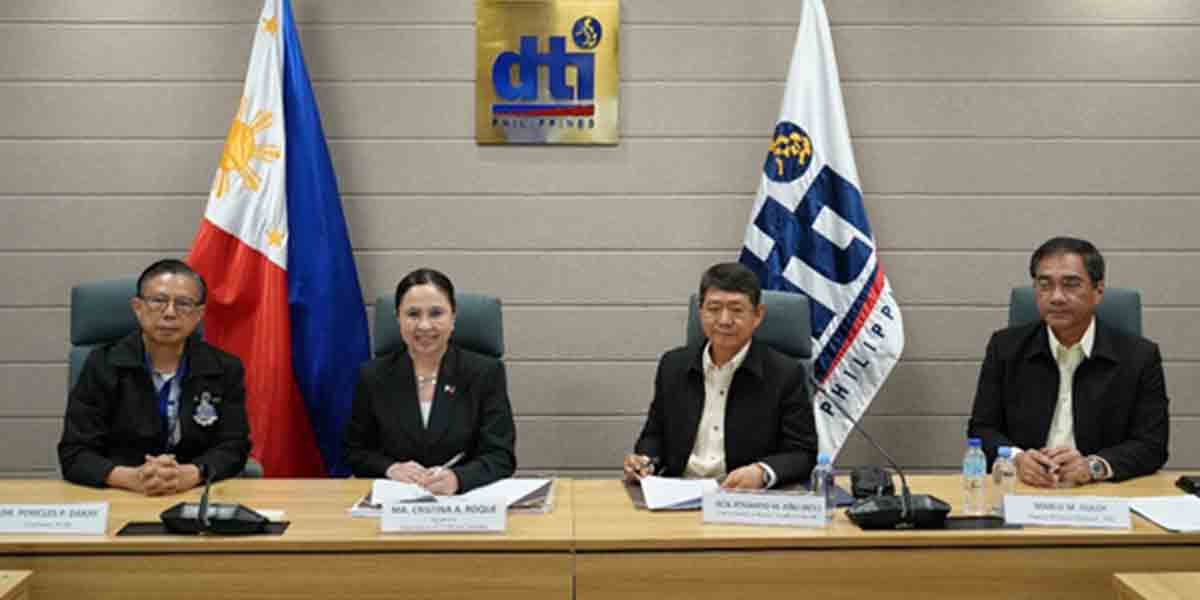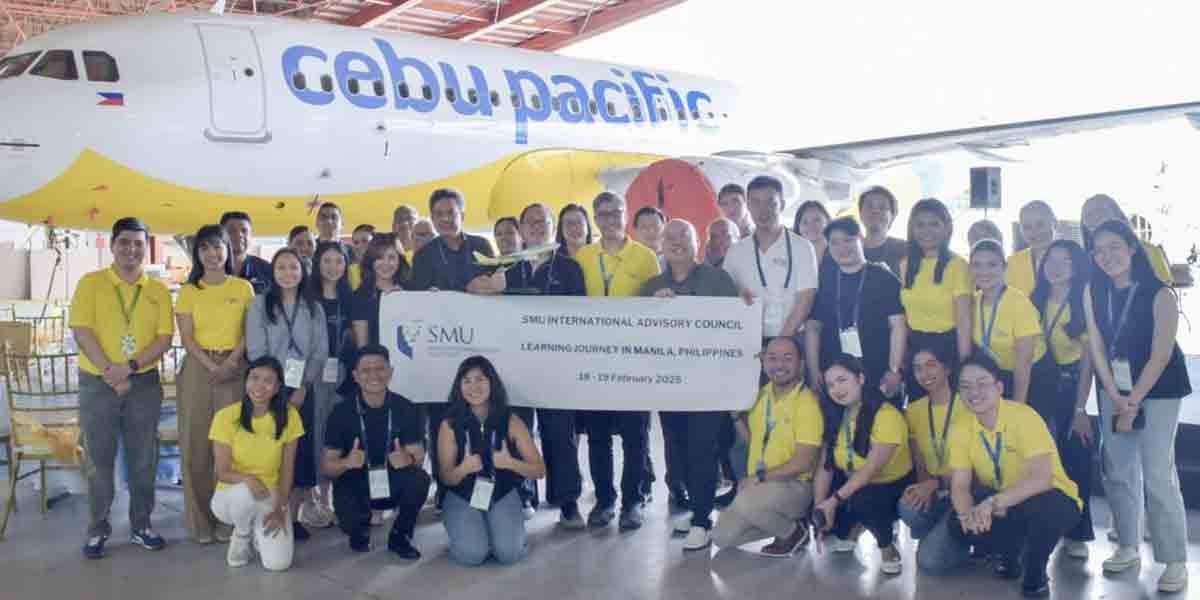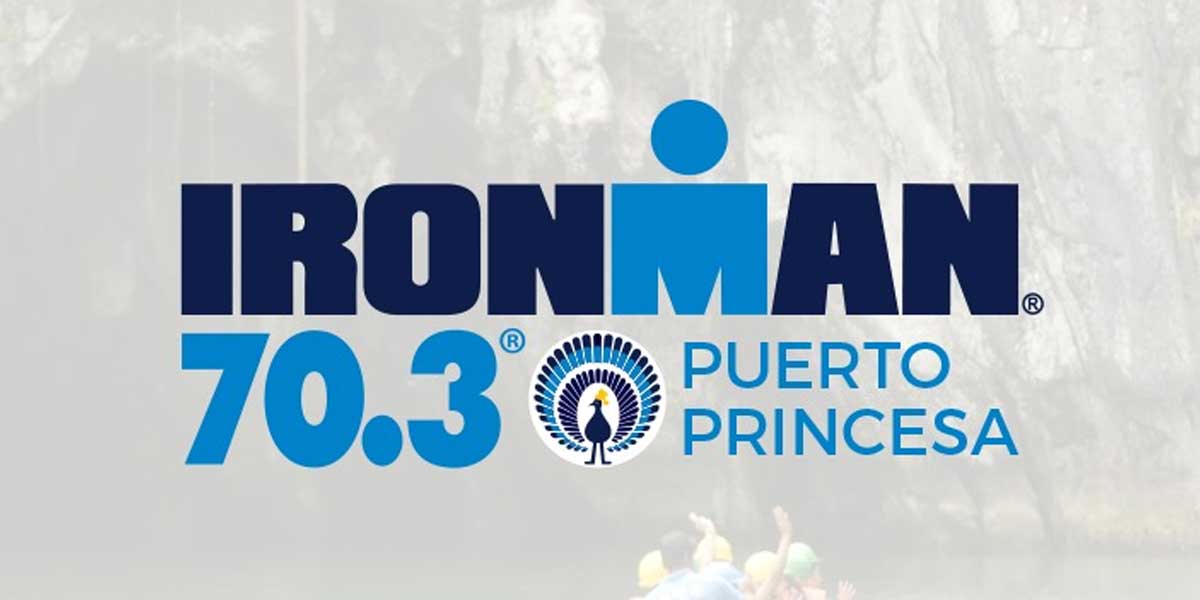
With Christmas and New Year just around the corner, an environmental health organization urged Filipino families to celebrate safely and sustainably as the entire planet grapples with the unprecedented climate, plastic and COVID-19 woes.
In a bid to promote zero waste, toxics-free and COVID-safe celebrations, the EcoWaste Coalition has assembled some tips to prevent and reduce 1) “holitrash” (holiday + trash), 2) exposure to harmful chemicals, and the 3) risk of coronavirus infection during the joyful season.
“These tips, we hope, can help us to revert to the true spirit of Christmas and New Year togetherness and thanksgiving, which has been altered to become a purely consumerist’s raucous revelry, and be a responsible steward of Mother Earth,” the EcoWaste Coalition said.
“The COVID-19 health crisis necessitates that we celebrate differently and keep safety top of mind. We can’t let our guard down against this dreadful virus,” the group added.
The timely tips were contributed by the Action on Smoking and Health, Aksyon Kalikasan, Arugaan, Consumer Rights for Safe Food, Environmental Resources Management Center-DLSUD, Interfacing Development Interventions for Sustainability-Davao, Institute for the Development of Educational and Ecological Alternatives-Cavite, Krusada sa Kalikasan-Nueva Ecija, Mother Earth Foundation, Oceana Philippines, Philippine Animal Welfare Society, Philippine Earth Justice Center-Cebu, Plastic Free Bohol, and War on Waste-Negros Oriental.
I. Preventing and Reducing Holiday Trash
- Bring a stash of reusable bags and containers when you shop and refuse paper and plastic carry bags at the checkout counter.
- Select ecological, healthy and safe products with minimal packaging and buy local as much as possible.
- Support plastic-free enterprises and patronize eco-stores or zero-waste stores as a lifestyle choice.
- Cut down on food waste by preparing and serving only what is needed, keeping extra food properly stored, recycled or shared with others, and by turning kitchen waste into compost.
- Turn your kitchen into a “conscious kitchen” where nourishing and healing food are planned and prepared, and take steps to minimize, if not eliminate, food waste.
- Keep household discards sorted as it should be, not mixed, for convenient reusing, recycling or composting.
- Go for more austere holiday decorations in keeping with the difficult times such as by using past Christmas ornaments; when the yuletide season is over, clean and store used decorations properly for reuse next Christmas.
- Stick to LED Christmas lights, with a valid ICC sticker, as these only give off around 5% heat waste compared to incandescent or fluorescent lights which convert 95% of the energy into heat.
- As for holiday presents, consider the following gift ideas:
– give experience gifts instead of material things;
– think of gifts that are durable and may last a lifetime and avoid those that are immediately discarded;
– offer gifts that will not only be appreciated by the recipient, but also makes her/him realize and be conscious about zero waste lifestyle;
– give gifts that you think are really needed by the receiver;
– opt for Do-it-Your-Own gifts like a written poem or letter, customized card with Christmas message;
– give the gift of life such as plants, cuttings, seedlings and seeds for the plantitas/plantitas, ideally accompanied by your own write-up on how to grow them at home, and be a responsible plant giver and do not give endangered plants;
– give out indigenous tree saplings or seedlings;
– offer compost, garden soil, clay pots and lead-safe garden tools;
– give away reusable or washable fabric face masks;
– give away reusable or washable sanitary pads to your daughters, girlfriends and women relatives;
– cook food, as much as possible organic and highly nutritious, wrap in indigenous packaging, and give away as gifts (if you can’t cook, search for suppliers in the Internet);
– give environmental books, most preferably the Bible and the Koran, too;
– give children’s books tackling themes such as kindness, peace, environmental awareness, respect for diversity, etc.
– give restaurant gift coupons or vouchers, or charity gift cards;
– support mental health and wellness of relatives and friends by booking a visit to a spa or attendance in psychological well-being activities; and
– donate to disaster relief and resilience efforts, including tree growing or rainforestation initiatives.
10. Skip traditional holiday cards and opt for digital or electronic cards to reduce waste.
11. Ditch gift wrappers. If wrapping is unavoidable, wrap gifts with repurposed magazines, newspapers, shoe boxes, bandannas, hankies or fabric scraps. Include a note not to throw away, but reuse the wrapper. Also, avoid foil and colored gift wrappers as some of them may contain lead and other chemicals of concern that can harm the environment after being thrown away.
12. Save wrappers, ribbons, boxes, hampers, envelopes and cards from gifts received for use in the next gift-giving season or repurpose them for school art and craft projects.
13. Junk disposables: use reusable tableware for waste-free Noche Buena and Media Noche family meals.
14. Do not release balloons into the sky or burst firecrackers, fireworks and similar explosives to welcome the New Year.
15. For expectant mothers, give your babies a healthy start by breastfeeding, noting that breastmilk, the first zero waste food, contains anti-bodies that can fight viruses and other pathogens.
16. Quit or help someone else to quit smoking or vaping to reduce overall trash contributed by these harmful and non-essential products. Note that cigarette butts and disposable components or containers of vaping devices always end up as garbage and are less likely to be disposed of properly. More than that, by inhaling smoke or vape aerosol, even touching surfaces tainted with tobacco smoke residue, you absorb trash that can accumulate within your system.
II. Preventing and Reducing Exposure to Toxic Chemicals
17. Choose duly registered and labeled age-appropriate toys and childcare articles that are safe from harmful substances like cadmium, lead, mercury, phthalates and other chemicals of concern.
18. Carefully check the labeling information of a product before buying it. When there are chemical ingredients that you don’t understand and when in doubt, don’t buy it; beware of brands and products engaged in green-washing and pink-washing.
19. Break free from smoking and vaping as a Christmas gift to yourself and to the people you care about, and a resolution to a healthier 2021. Remember that no tobacco or vape product is ever non-toxic, non-pollutive nor safe.
20. Go for non-toxic cleaning agents like baking soda and vinegar whenever possible.
21. Use certified lead-safe paints and avoid spreading lead-containing paint chips and dust from improper renovation and repainting activities.
22. Never burn discards from pre- and post-holiday cleanup as open burning yields a variety of toxic pollutants, including dioxins and furans, into the environment.
23. Do not set used tires on fire, especially during the New Year festivities, to avoid creating noxious fumes and soot.
24. Usher in 2021 without lighting firecrackers and fireworks that can discharge health-damaging contaminants into the air and also leave a trail of hazardous residual garbage after the revelry.
III. Preventing and Reducing Risk of COVID-19 Infection
25. Shop online rather than in person whenever feasible to avoid packed malls that are teeming with holiday shoppers.
26. If you need to get out of your home to shop, go to less crowded places that are well-ventilated and where basic health protocols are duly enforced such as physical distancing and the wearing of face masks and shields.
27. Avoid buying Christmas gifts or groceries at the last minute to avoid large crowds in malls and markets. Beat the holiday rush by buying what you need ahead of the Christmas week.
28. Refrain from engaging in activities that pose higher risk of spreading COVID-19 such as big gatherings, parties, binge drinking and karaoke singing with persons who do not live in your household.
29. Plan for an intimate Christmas or New Year family gathering in which tree growing or garden growing is included in the activity (regularly visit or provide updates to family members about it afterwards).
30. Celebrate, dine, sing, dance and pray with persons living in your own household, and opt for virtual celebrations with others living afar. Create innovative ways to make online gatherings memorable.
31. Instead of the traditional physical gathering, switch to Zoom, Google Meet, Messenger (online) video call parties to practice legitimate social distancing while still being able to celebrate the holidays together.
32. Eat right by cooking and serving hot meals derived from indigenous food that heals and nourishes, strengthens immunity, and eliminates chemical toxins in the body.
33. When receiving guests during the holidays, stick to essential COVID-19 protective measures: wear a face mask, clean your hands often, disinfect frequently touched objects and surfaces, and observe non-contact greetings in lieu of handshakes, hugging and kissing.
34. Limit gathering duration as longer gatherings pose greater risks for any COVID-19 exposure.
35. As COVID-19 primarily attacks the lungs and is mostly spread by droplets when someone infected coughs, sneezes or exhales, smoking and vaping are actually a non-option nowadays if you want to increase your chances of not getting infected, or to decrease your chances of presenting more severe symptoms when infected. If you do not smoke or vape, avoid coming near places where people smoke or vape, such as in designated smoking/vaping areas.





















